Canada boasts the most vast paddling opportunities on the planet. Touching three oceans, home to about 880,000 lakes, and including more than 240,000 km of combined shoreline, the scale and wealth of Canadian wild water can scarcely be comprehended, let alone competed against.
With over 560 lakes greater than 100 km², and over 60% of the world's lakes greater than 0.1 km², of which there are nearly 1.43 million worldwide, Canada is supernaturally super-powerful in the H₂O department!

Longest Coastline ✅
Most Fresh Water ✅
Infinite Paddling ✅
Pacific Region

Vancouver Island + Gulf Islands
TRAK is lucky to call this place our home. It is a garden of learning and exploring with many nooks and crannies to discover. The West coast of Vancouver Island is exposed to the open Pacific, and can feature intense surf conditions at the beaches near Tofino, but also is the gateway to the Broken Group and Clayoquot Sound.
The East side of Vancouver Island shelters the Gulf Islands from the harsh Pacific, creating a usually-calm playground for the more relaxed enthusiast, or for enthusiastic beginners! TRAK is leading various camps and tours in the Gulf Islands this year - Discover more about them here.
Upper Inside Passage
Remote, rainy, and really full of bears, this stretch of coastline has become a popular target for expeditionary paddlers looking to escape into the clouds without leaving sea level.
Several TRAK Pilots have completed this expedition over the years, including the Quesnel Brothers, Matt Pruis, and Wendy Killoran. Will you wind up all the way up the West coast one day?
Read about some of Matt's take on the Inside Passage here on paddlingmag.com
Atlantic Region

Bay of Fundy
Canada's ocean playground features the most dramatic tidal exchanges in the world, with the Bay of Fundy ebbing and flooding with 320 billion tonnes of seawater every day (that is more flow than every river on earth combined)! These anomalous conditions make the region a perfect classroom for paddlers looking to sharpen their skills beyond the beginner, and really breach into solid intermediate and advanced territory.
If you're looking for the best kayak-coaching possible, then look no further than Commited2TheCore and their clubhouse in Pubnico, NS!
Gaspésie
Savez-vous comme il est doux de voir les falaises de la Gaspésie?
The Gaspé Peninsula guards the mouth of the mighty St Lawrence River, standing tall upon scenic sea cliffs and dotted with postcard-worthy seaside villages. A kayaker can trace a coastline that is much unchanged from that gazed upon by great explorers like Jacques Cartier or Samuel de Champlain.
Then, of course, there is Percé Rock - if you don't know what that is, then start Googling, and then start making your travel plans!
Our friend Ken Whiting makes a stellar case for paddlers to flock to the region in this episode of his Paddle Tales series:
Territories / Arctic Region

Great Slave Lake
This absolute unit of a lake is the size of Belgium, holds trout bigger than any fish story could do justice to, and is the site of Canada's newest national park - Thaidene Nëné. The mystic Eastern arm of the lake has islands galore and great cliffs above the shoreline, while the North has sandy beaches and lots of pike to catch.
Check out our friends at Jackpine Paddle to see what's possible!
Northwest Passage
Ah for just one time - I would take the Northwest Passage
Discover the origins of the qajaq by paddling the waters which gave it life. The Arctic Archipelago is a region that few have visited, and fewer have paddled recreationally - kayaking has traditionally been a means of survival to the Inuit people who inhabit the area. Realistically, most kayakers will paddle out from the "major" population centres of Iqaluit or Rankin Inlet.
The logistics into the region could be challenging, and the isolation could be daunting, but it is the call of many to make the Northwest Passage to the sea.
Nanook of the North, filmed on the shores of the Ungava Peninsula over 100 years ago, documents the way of life of the Inuit as it may have been for thousands of years before the industrial revolution - including taking your whole family in a single qajaq!
Central Region

Georgian Bay
Some of the best inland sea kayaking is within reach to those boxed up in the Greater Toronto Area - the beautiful bay on Lake Huron is a mere 208km from Canada's largest city. Killarney Provincial Park has been drawing paddlers for a long time - why head to the coasts when you can head into lake country?
Georgian Bay contains Manitoulin Island - the largest lake island in the world, and so large that itself is home to more than 100 lakes. Manitoulin Island can be accessed by bridge, making it easy to get kayaks in and around the place.
Ottawa River
The great Ottawa River rises in the old Laurentian Mountains and flows west, directly past Parliament, and into the heart of the nation. The river has held importance to the Algonquin people as a trading channel, and formed the basis for the very early canoe trade in Canadian history. Now the river is a playground for paddlers looking for a bit of a push downstream.
Rivers can be daunting to sea kayakers - the currents, submerged hazards, and occasional lack of landing zones are things many are trying to avoid when making plans for a paddle trip, but these constraints can provide us with great learning opportunities for boat control training and expeditionary experiences.


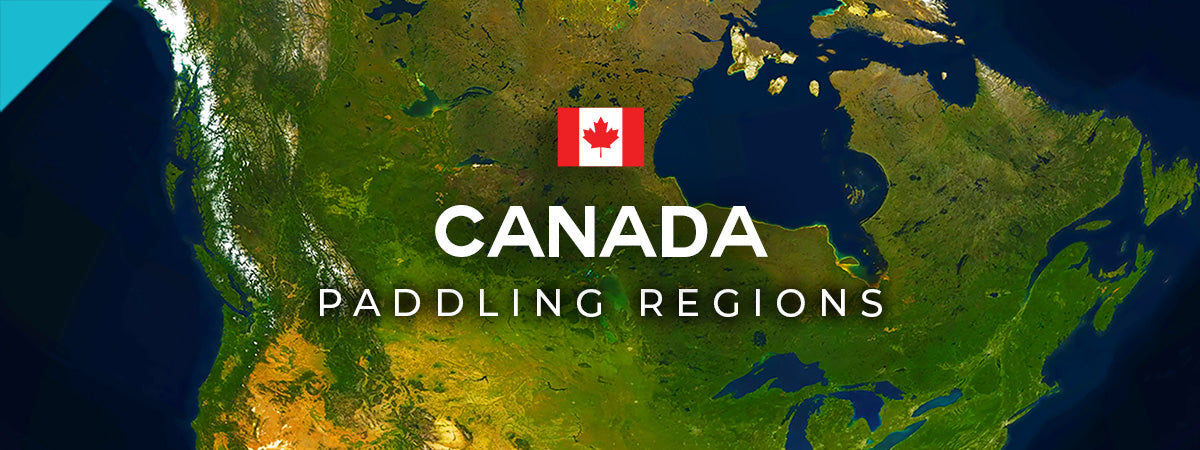

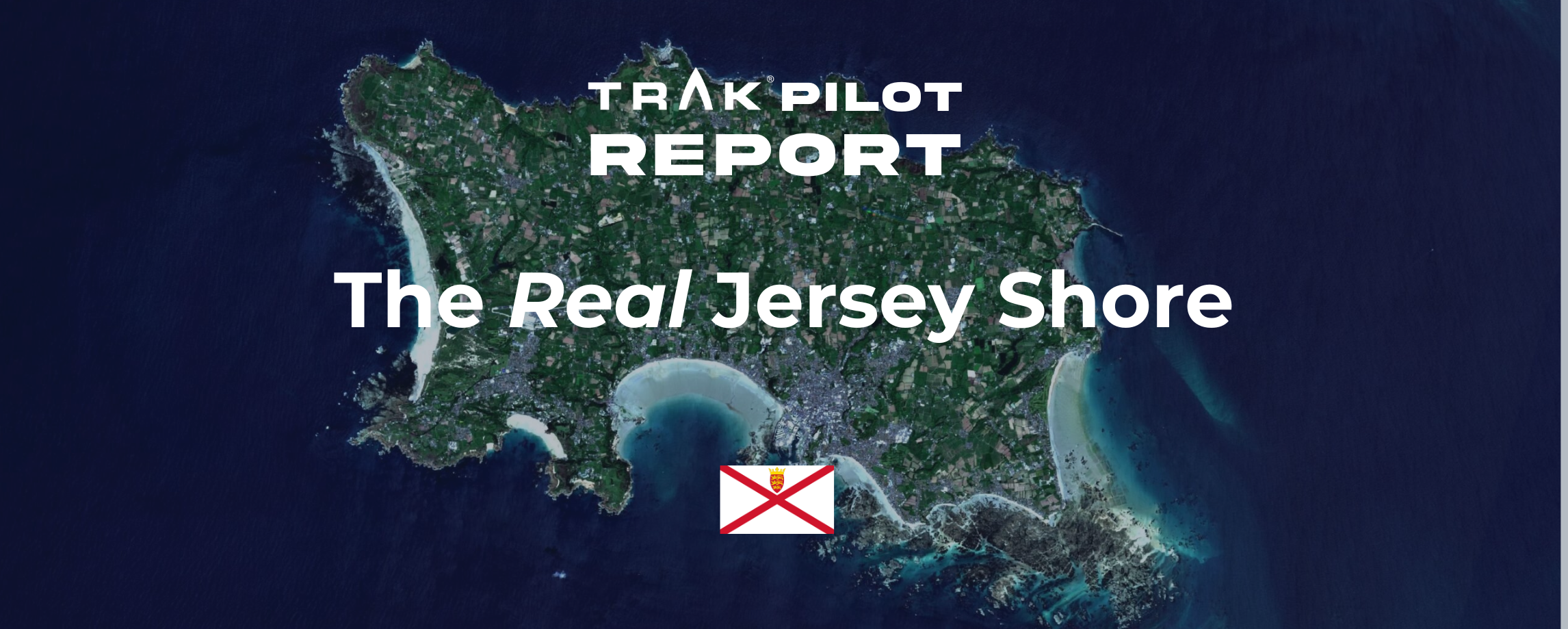
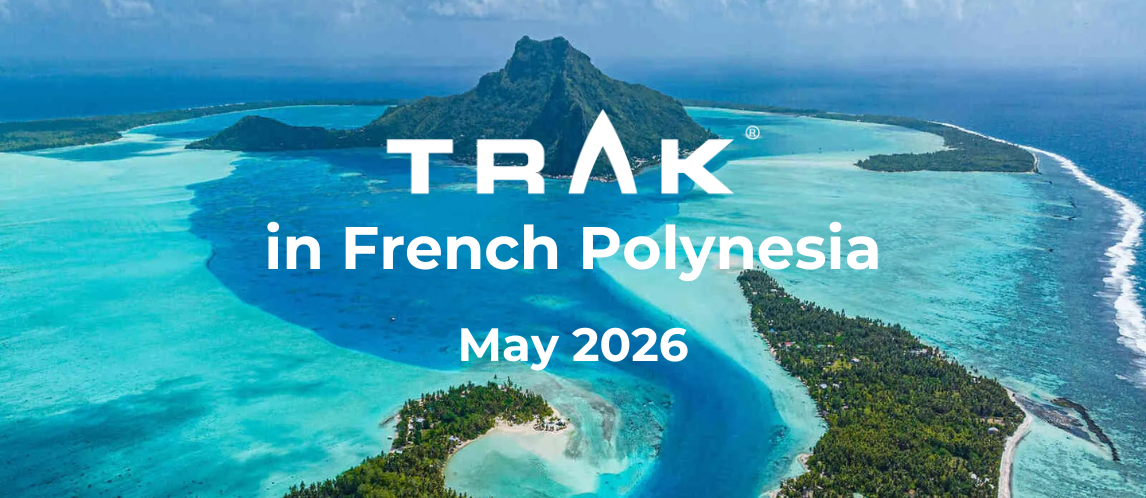
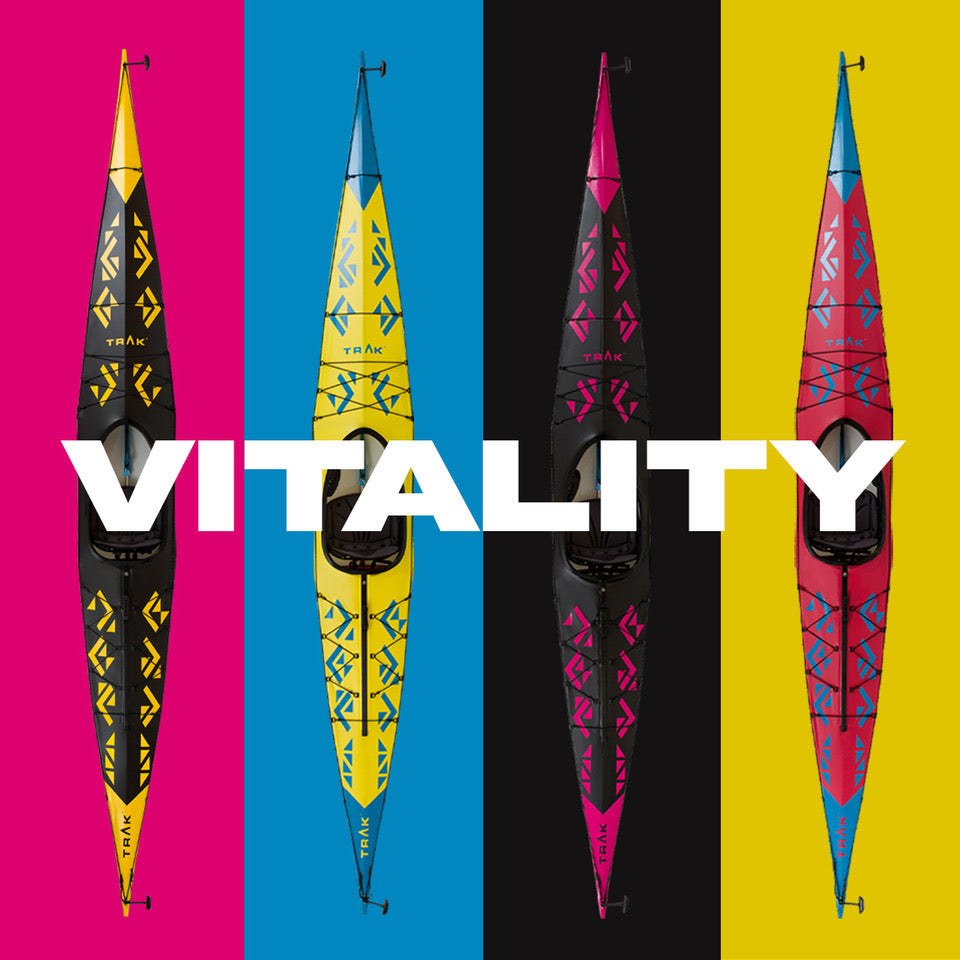
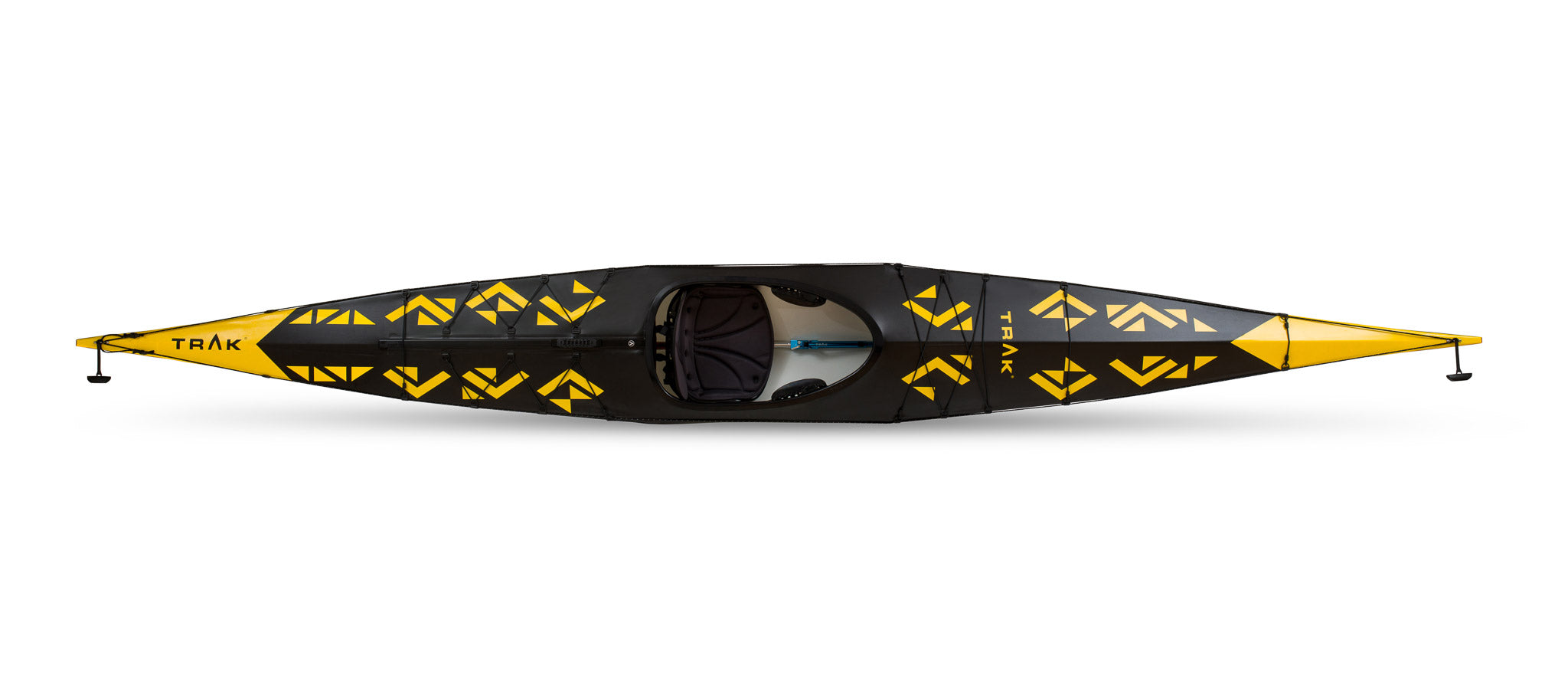
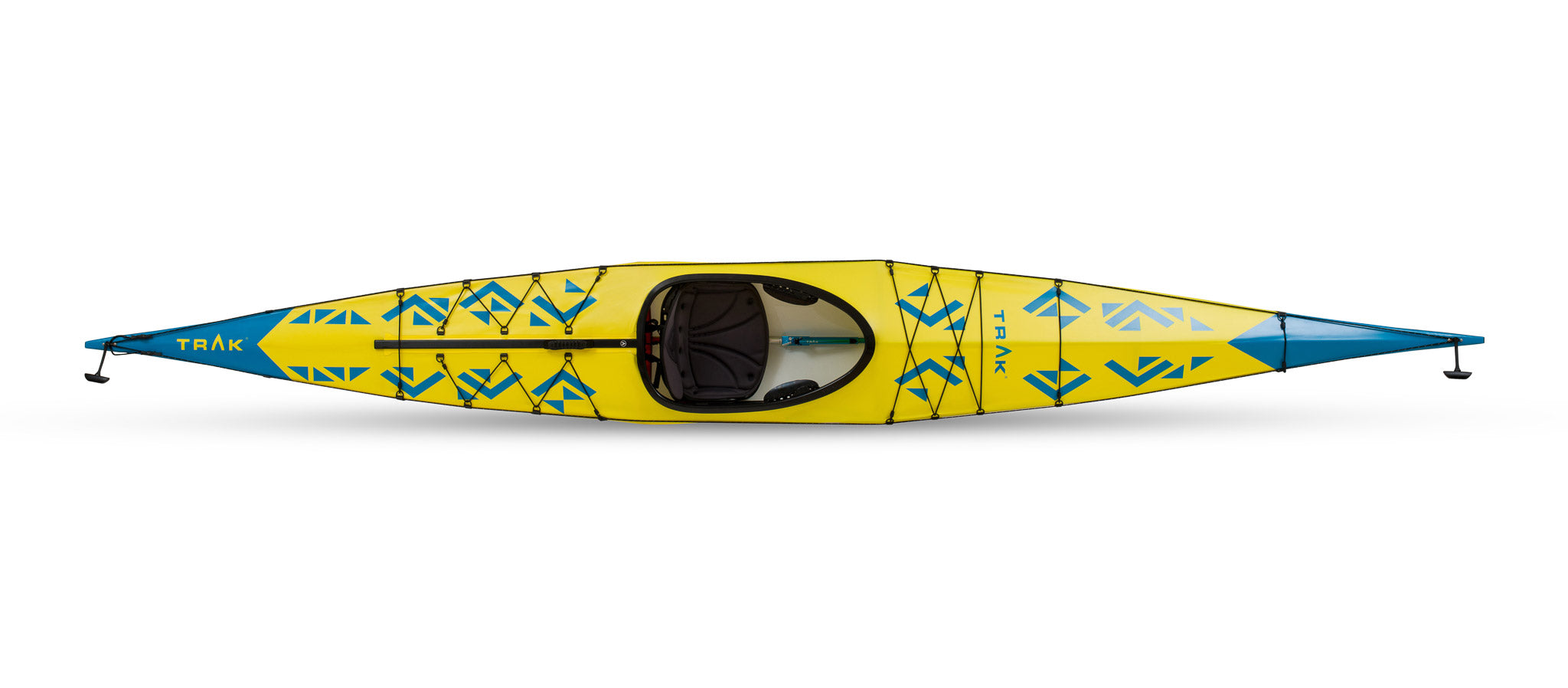
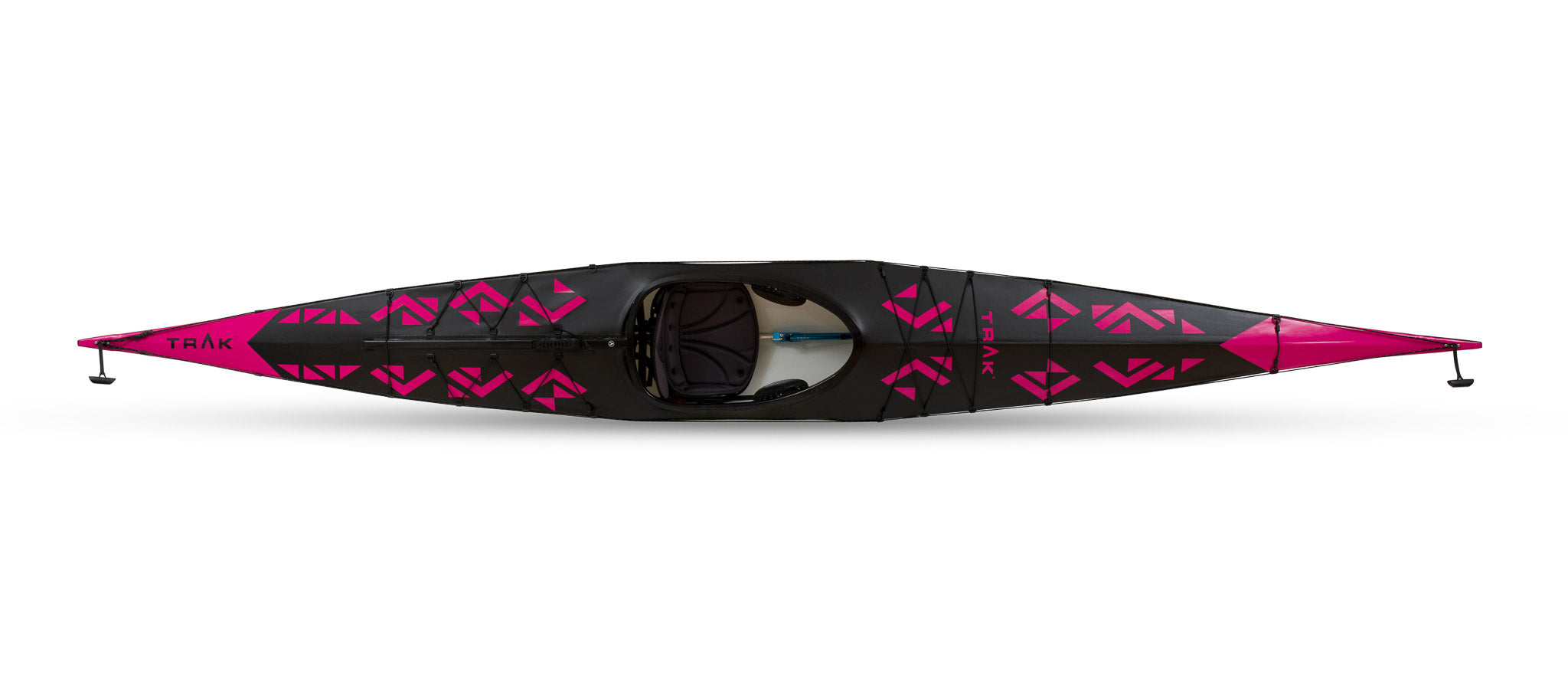
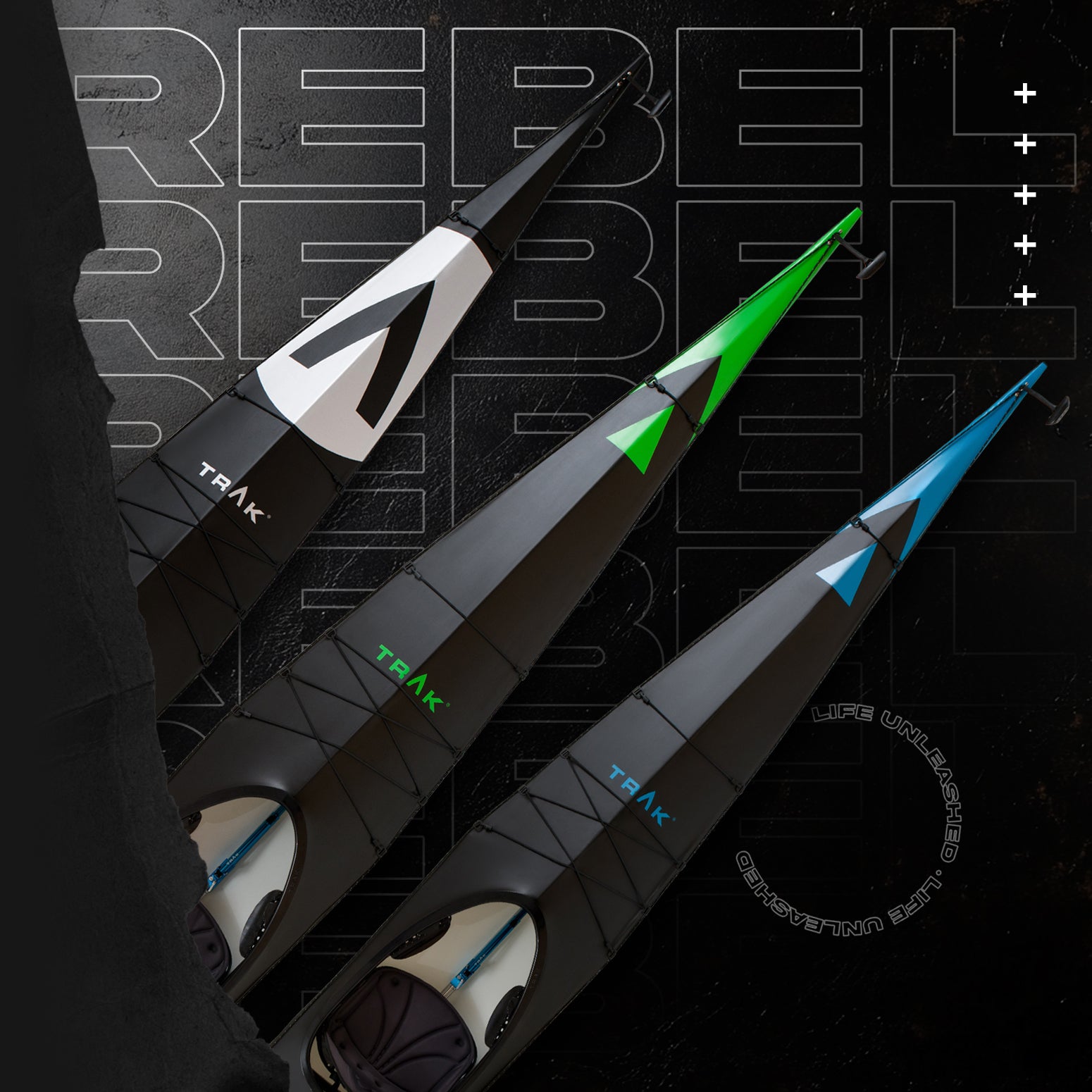
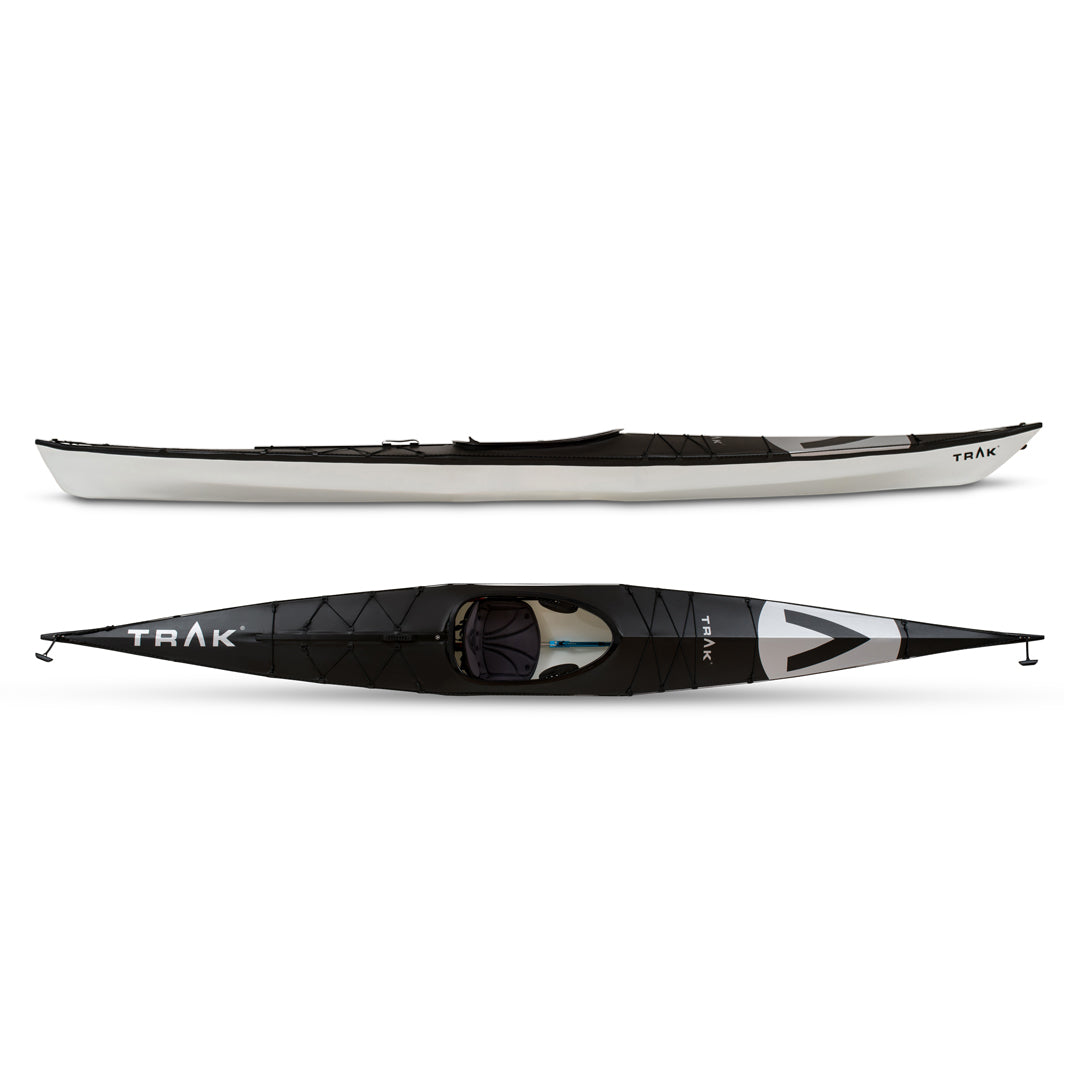
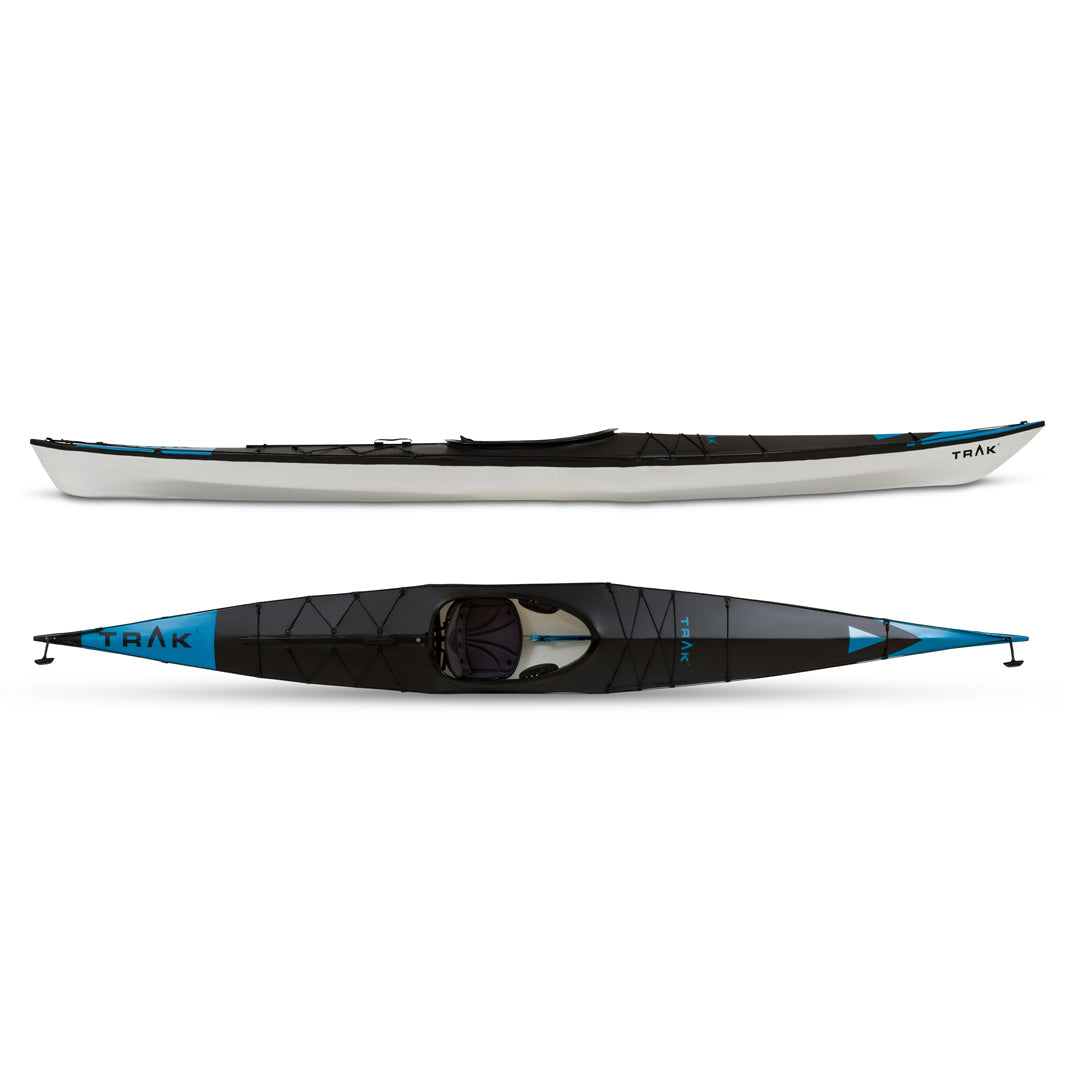
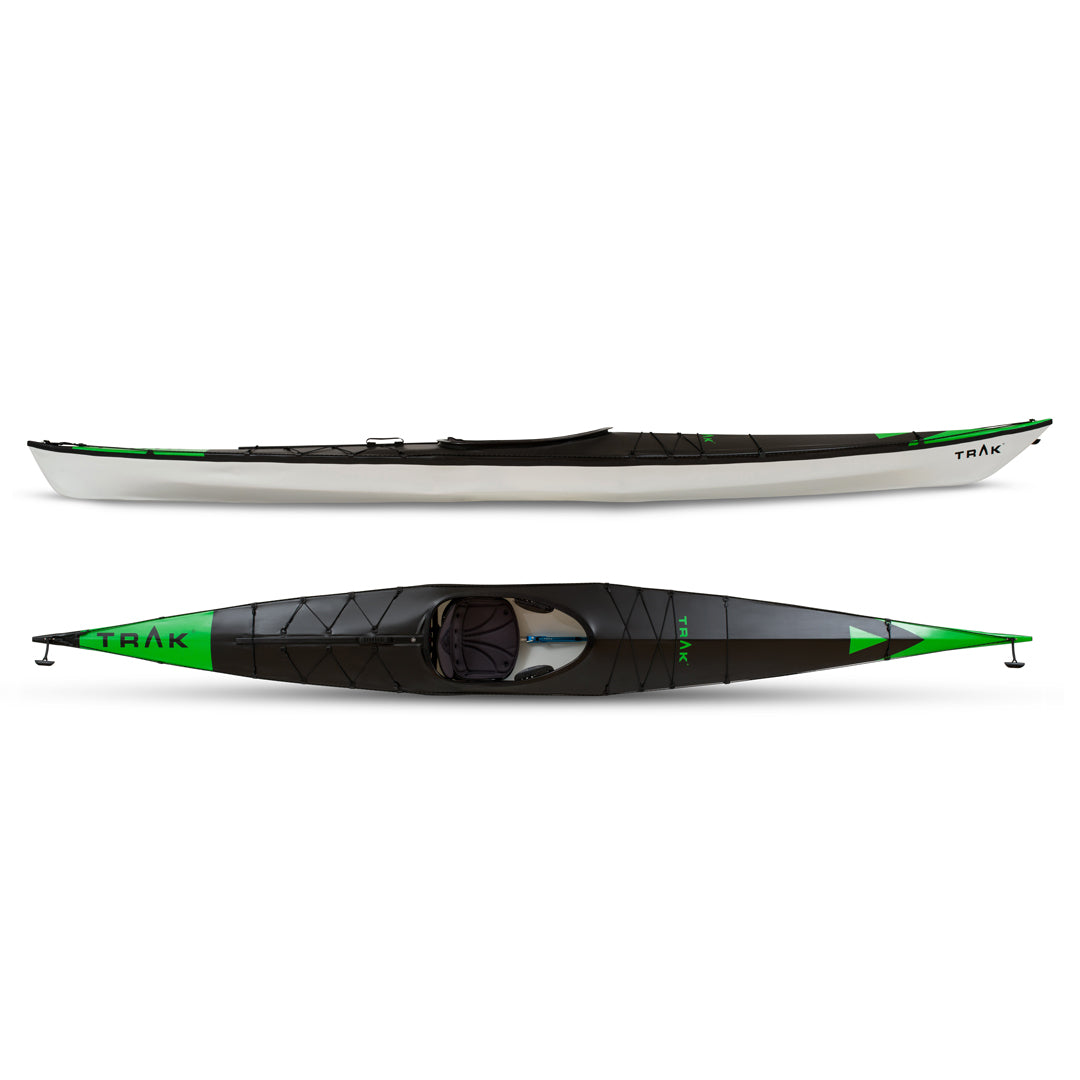
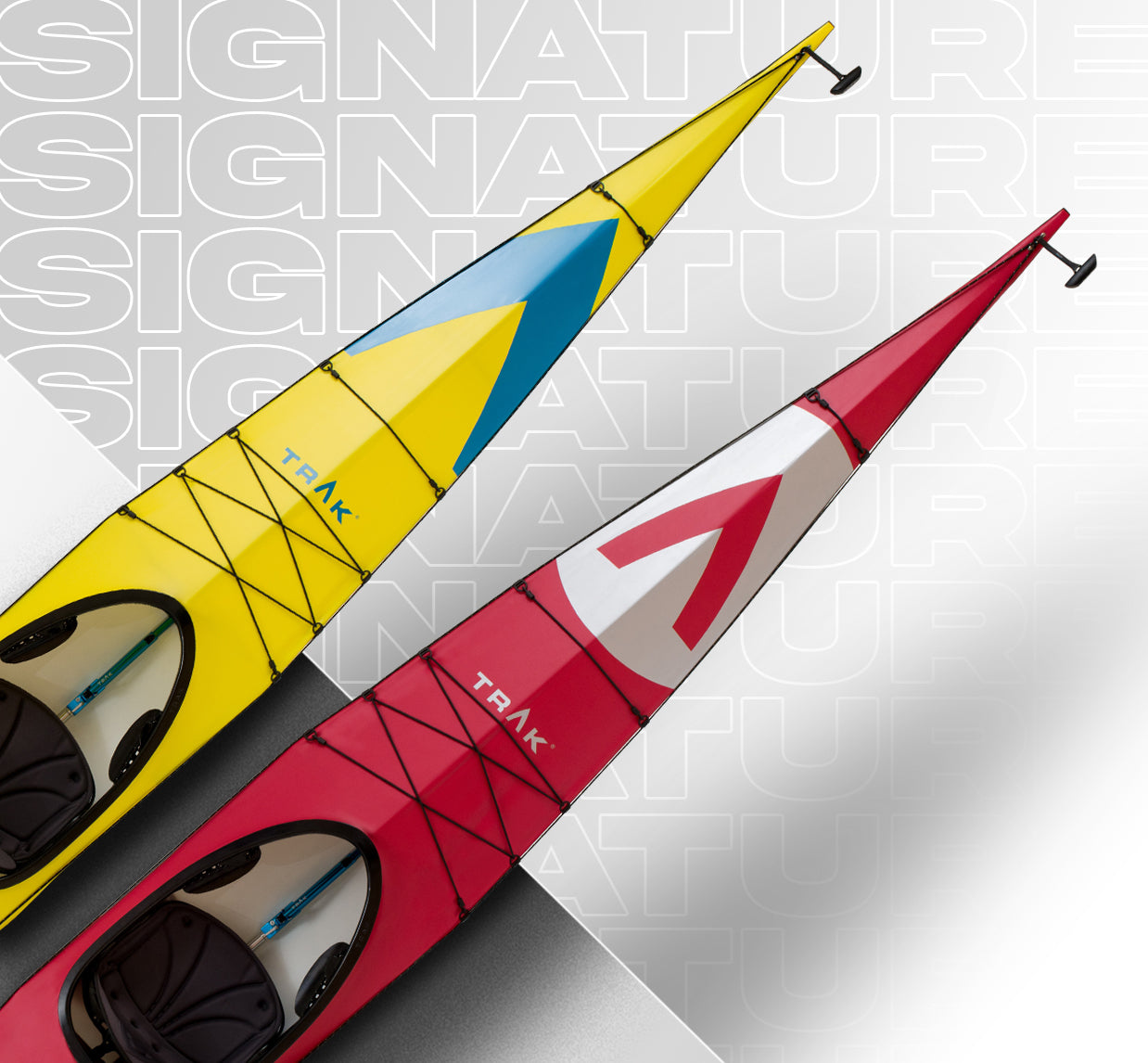
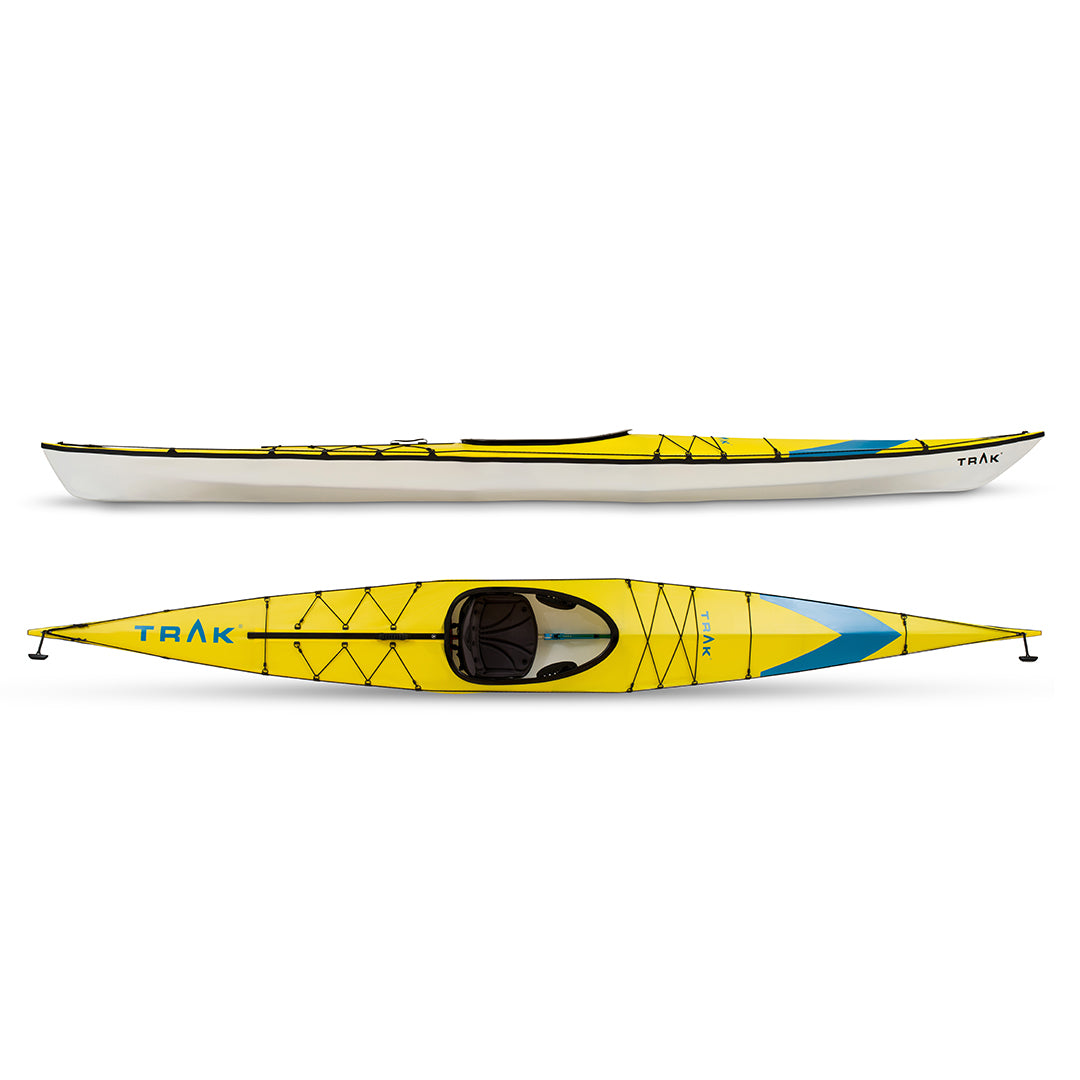
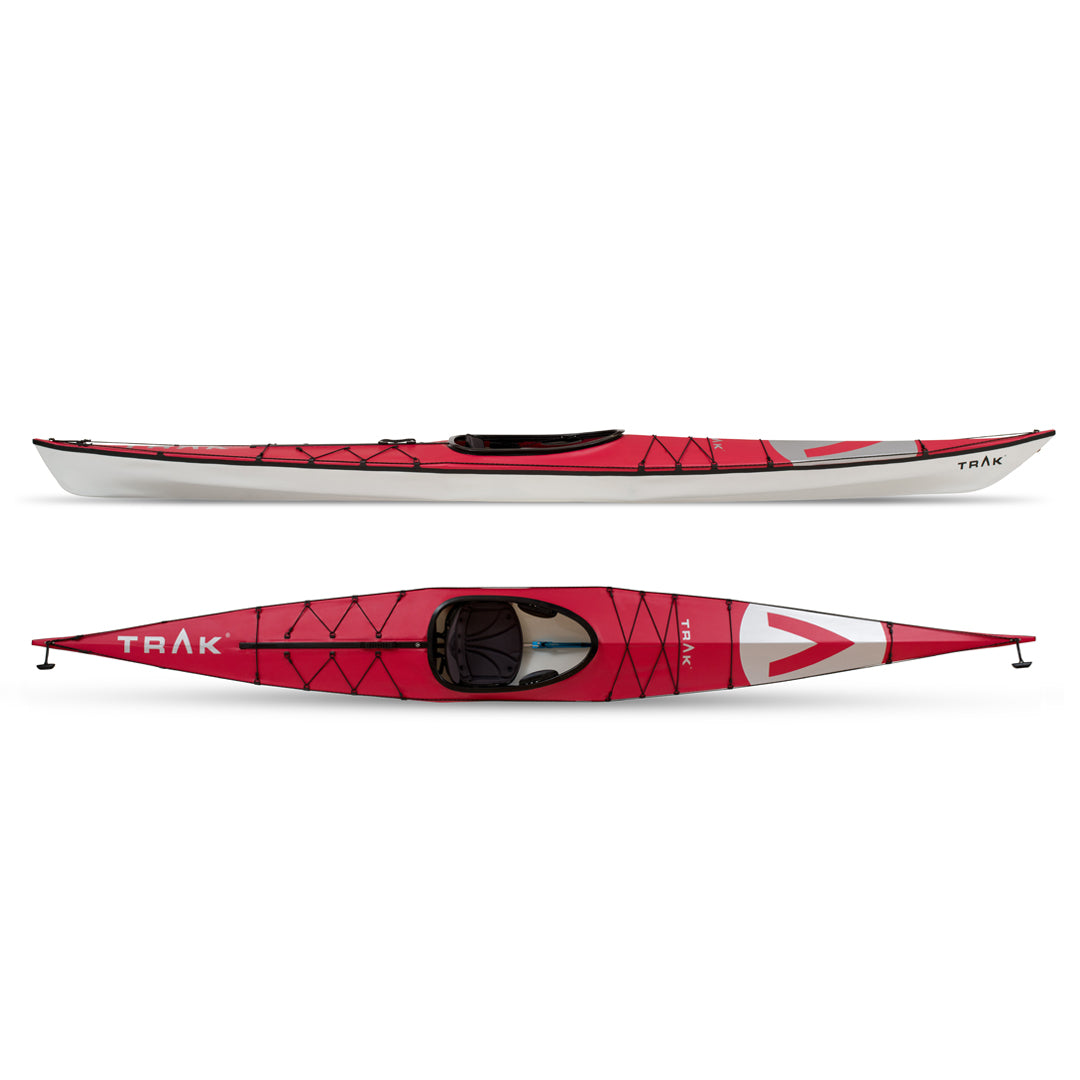
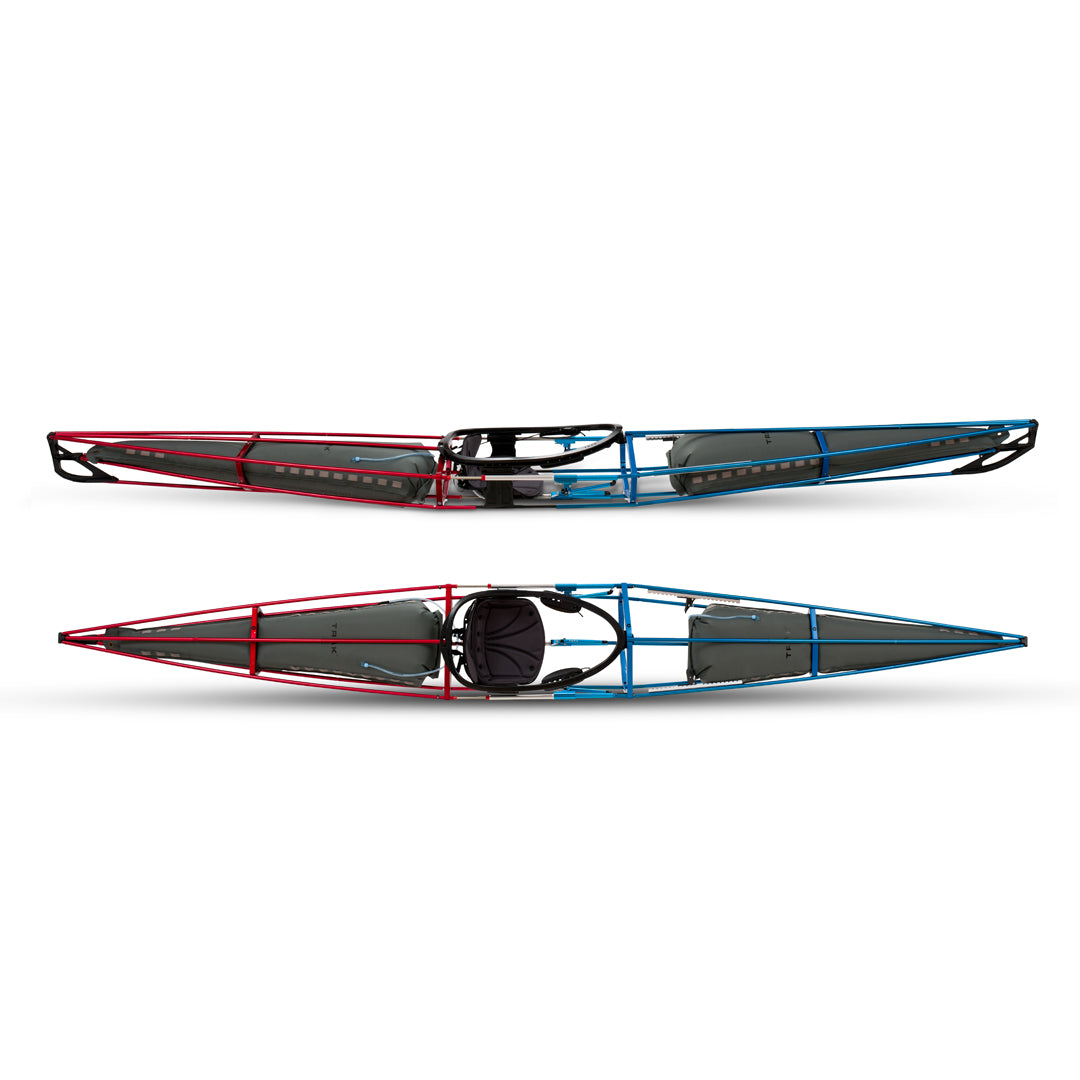
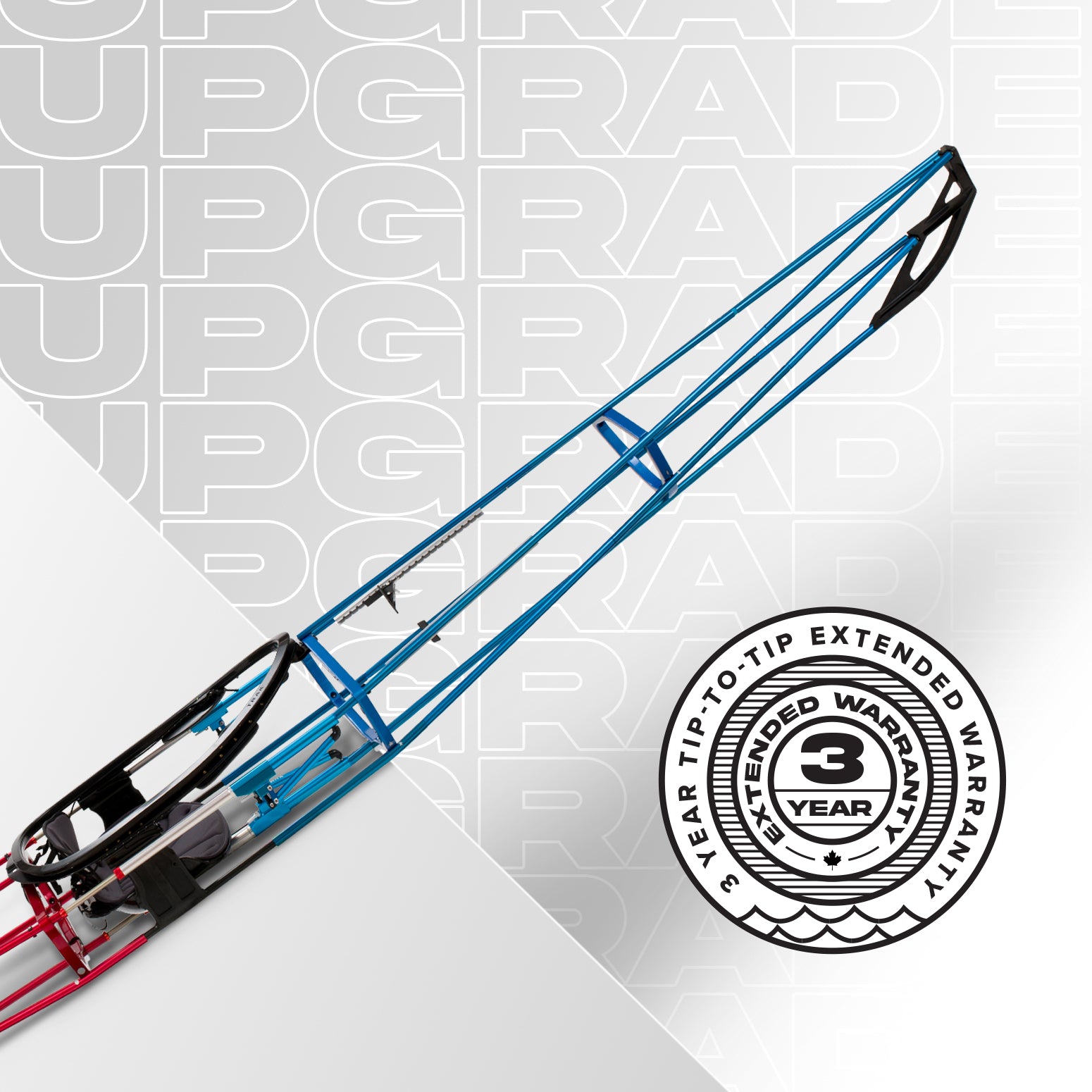
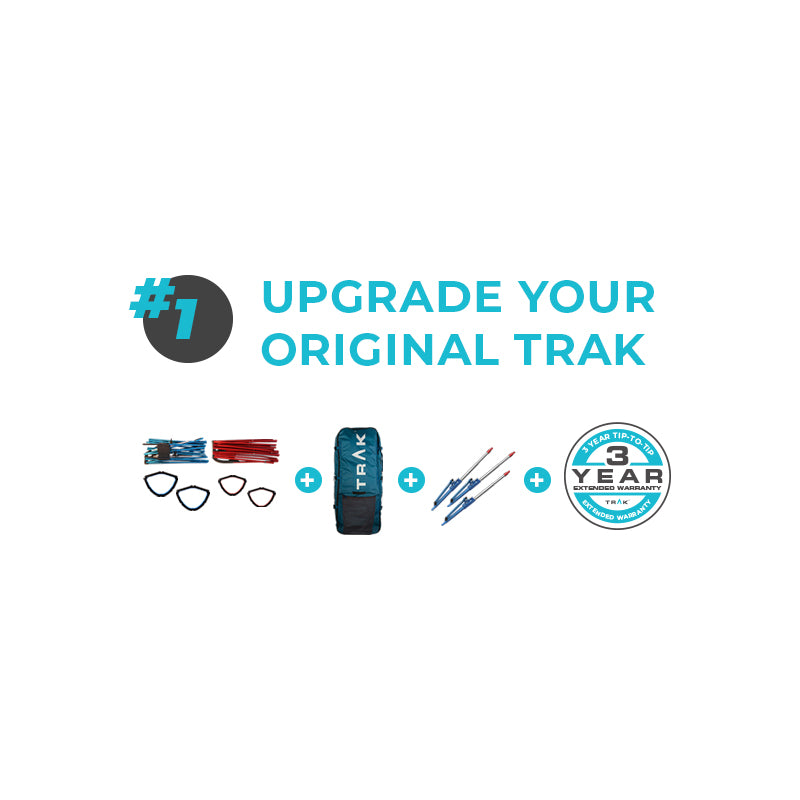
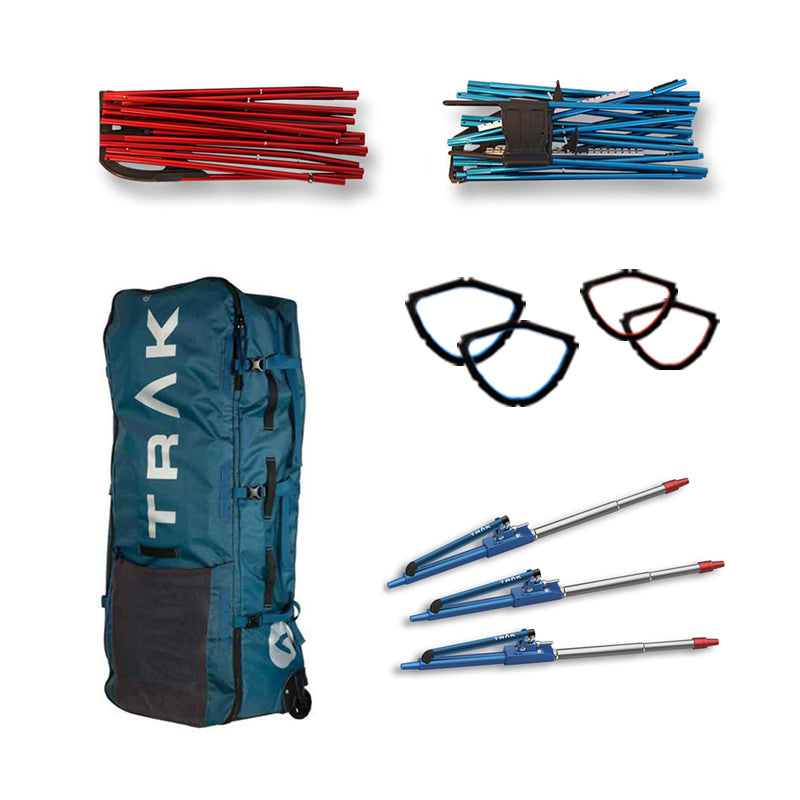
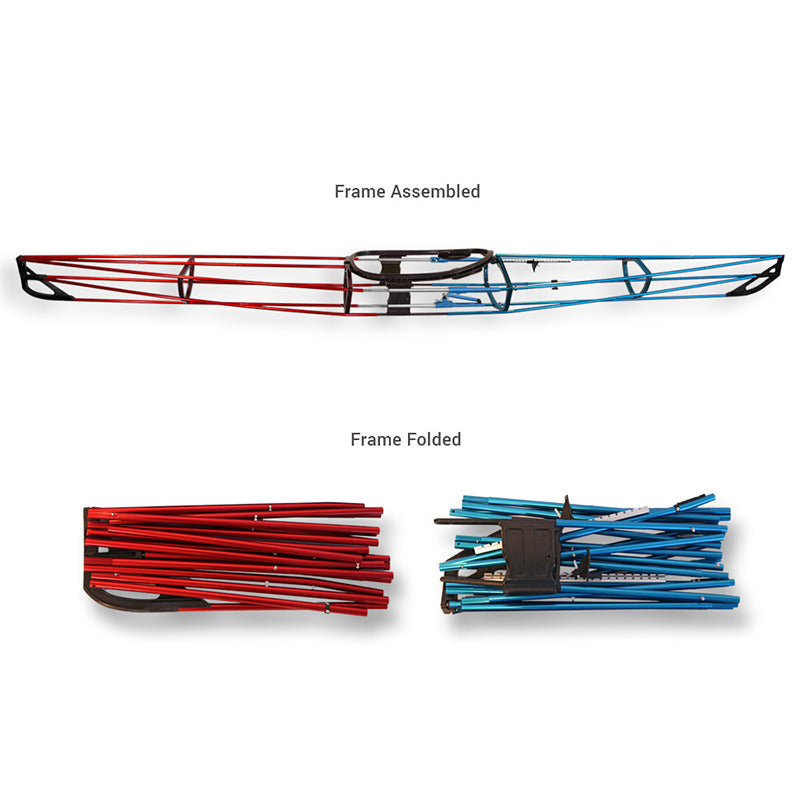

Share: